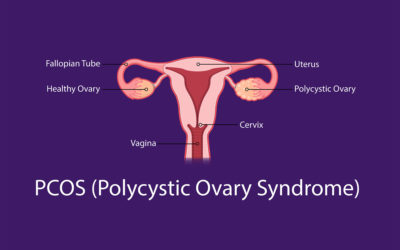Your gastrointestinal tract (gut) is an incredibly complex system.
But it wasn’t that long ago, medical and nursing students were being taught it was just a long tube. With the sole purpose for our food to pass through, be absorbed and then excreted. How times have changed.
In the last few decades, research has established links between gut health and the immune system, mood, mental health, endocrine disorders, skin conditions and many more processes and diseases.
The term ‘gut microbiome’ refers specifically to the micro-organisms living in your intestines. They are the engine room of your gut. The average person has about 300 to 500 different species of bacteria in their digestive tract. While some are harmful to our health, many are beneficial. They are all necessary for a healthy body. These microorganisms exist in a beautiful balancing act with each other. But when disturbed can cause damage.
Many aspects of modern life such as high stress, interrupted sleep, high intake of processed and sugary foods, and taking certain medications such as antibiotics can all cause damage to our gut microbiome.
This, in turn, affects other aspects of our health such as the brain, heart, immune system, skin, weight, hormone levels, and the ability to absorb nutrients.
There are many ways you can tell if you have an unhealthy gut. Here are some of the more common signs and symptoms.
Upset Stomach
Excessive flatulence, bloating, constipation, diarrhoea, heartburn and discomfort during training. All the things we live with, especially if you train hard. But they are a sign of an unhealthy gut.
Unintentional weight changes
You’ve found you are gaining or losing weight without deliberate changes to your diet or exercise regime. An unbalanced microbiome can impair your body’s ability to absorb nutrients, regulate blood sugar and store fat.
Sleep disturbances and constant fatigue
The majority of your body’s serotonin, a hormone that affects mood and sleep, is produced in the gut. So, a damaged gut can impair your ability to sleep. This could present as insomnia or disrupted sleep cycles. The result is you often wake up feeling tired. Over time, coupled with a gruelling training and work schedule, this can lead to chronic fatigue issues.
Poor Immune Function
Researchers are continually finding evidence of the impact of the gut on the immune system. It’s thought that an unhealthy gut may increase systemic inflammation and alter the proper functioning of the immune system. That’s the cold you can’t seem to shake, even though you are fit, healthy and eat all the right foods.
These are all good indicators that something is not right in your engine room.
If you are experiencing any of these symptoms, you should consider giving your gut a good workout by implementing the following.
- Get adequate prebiotics – start normalising the stomach with Gut Performance™ on a daily basis.
- Remove alcohol and other drugs such as ibuprofen, caffeine, sugars and processed foods which can trigger gut inflammation.
- Eat whole, fresh foods rather than relying on supplements. Get as many different types of vegetables, in different colours into your diet.
- Stay hydrated. Drinking adequate water has been shown to be beneficial to the mucosal lining of the gut and the gut microbiome.
- Eat slowly and chew your food a It will aid the digestion and absorption of micronutrients.
Most gut issues won’t be fixed by one change alone. The gut is a complex beast. But you don’t have to live with gut discomfort or bloating.
There are practical solutions to what you are feeling and experiencing. You don’t have to suffer in silence.
Check out our Gut Performance™ Instagram page to see all the people who are getting their health and athletic performance back under control with Gut Performance™.







